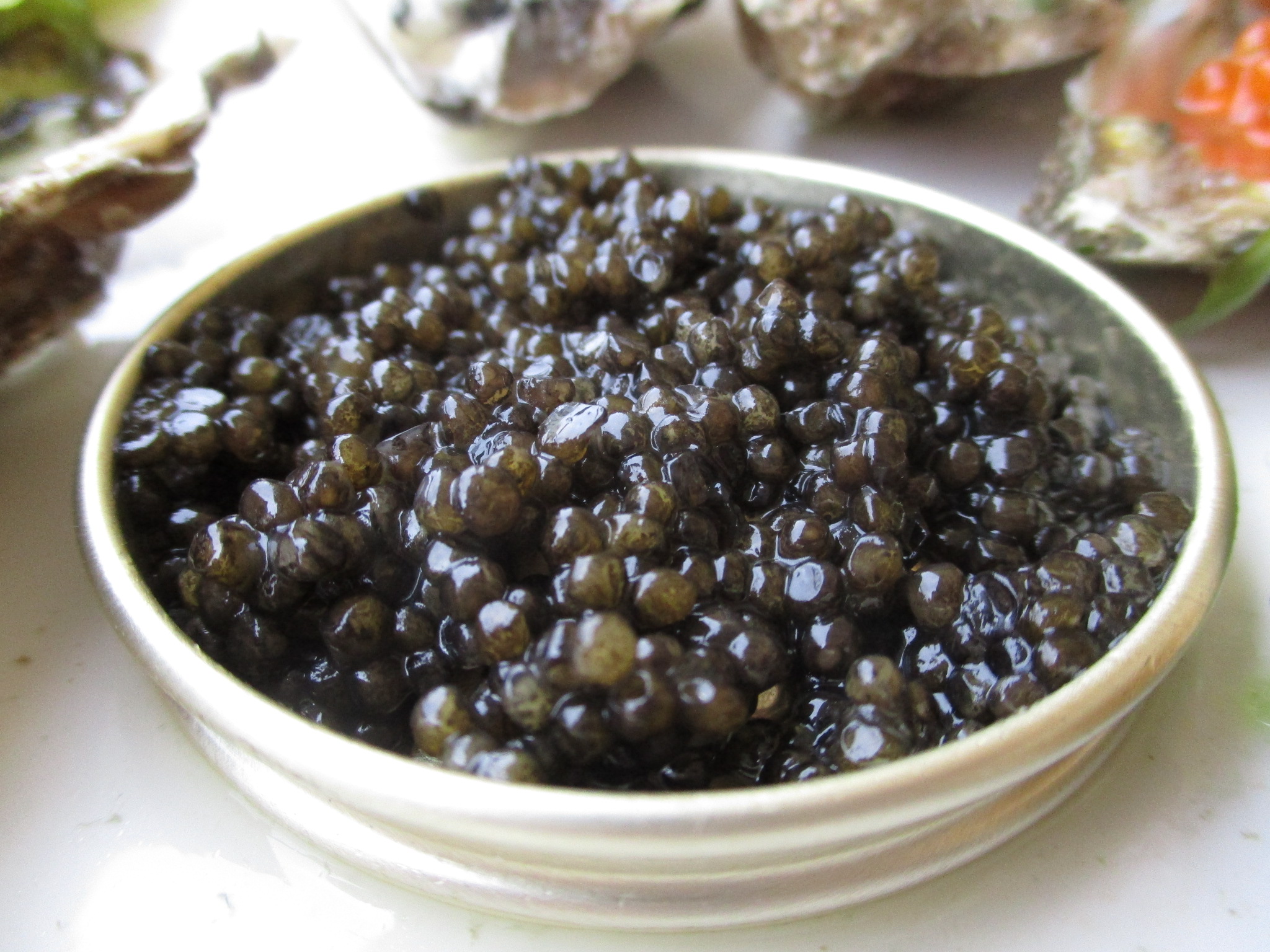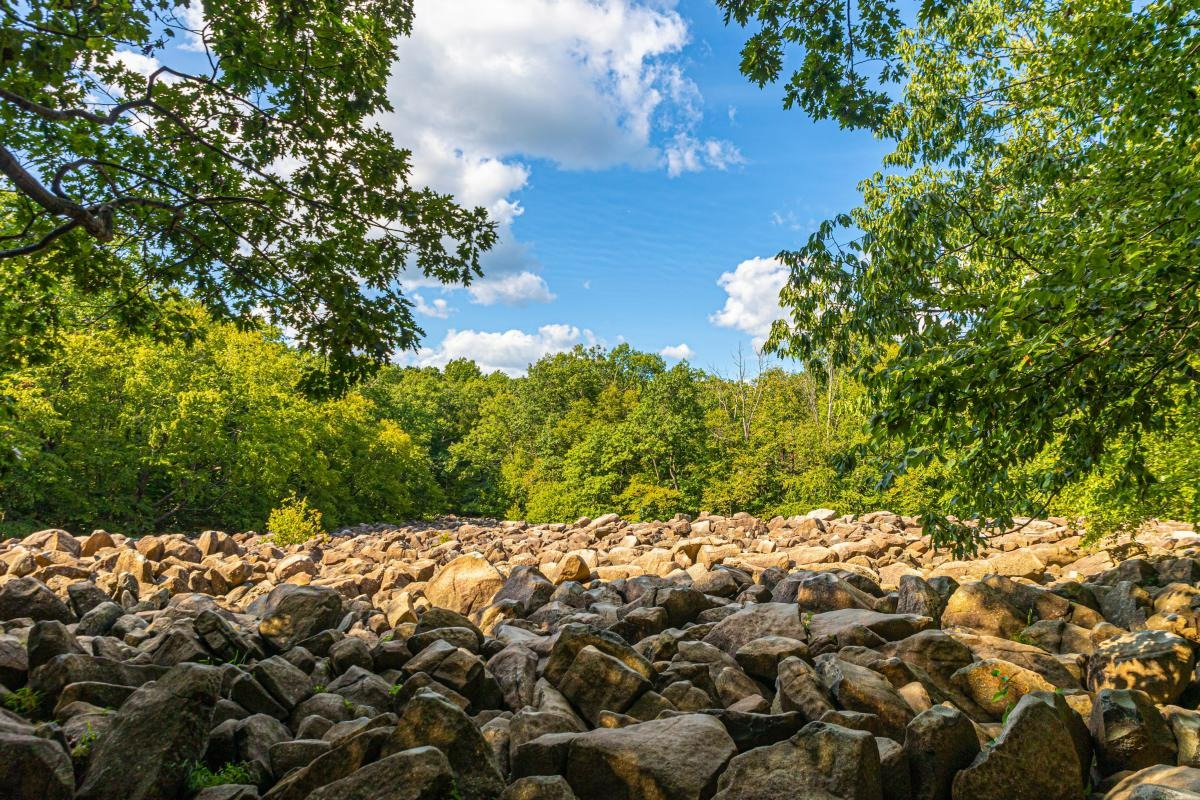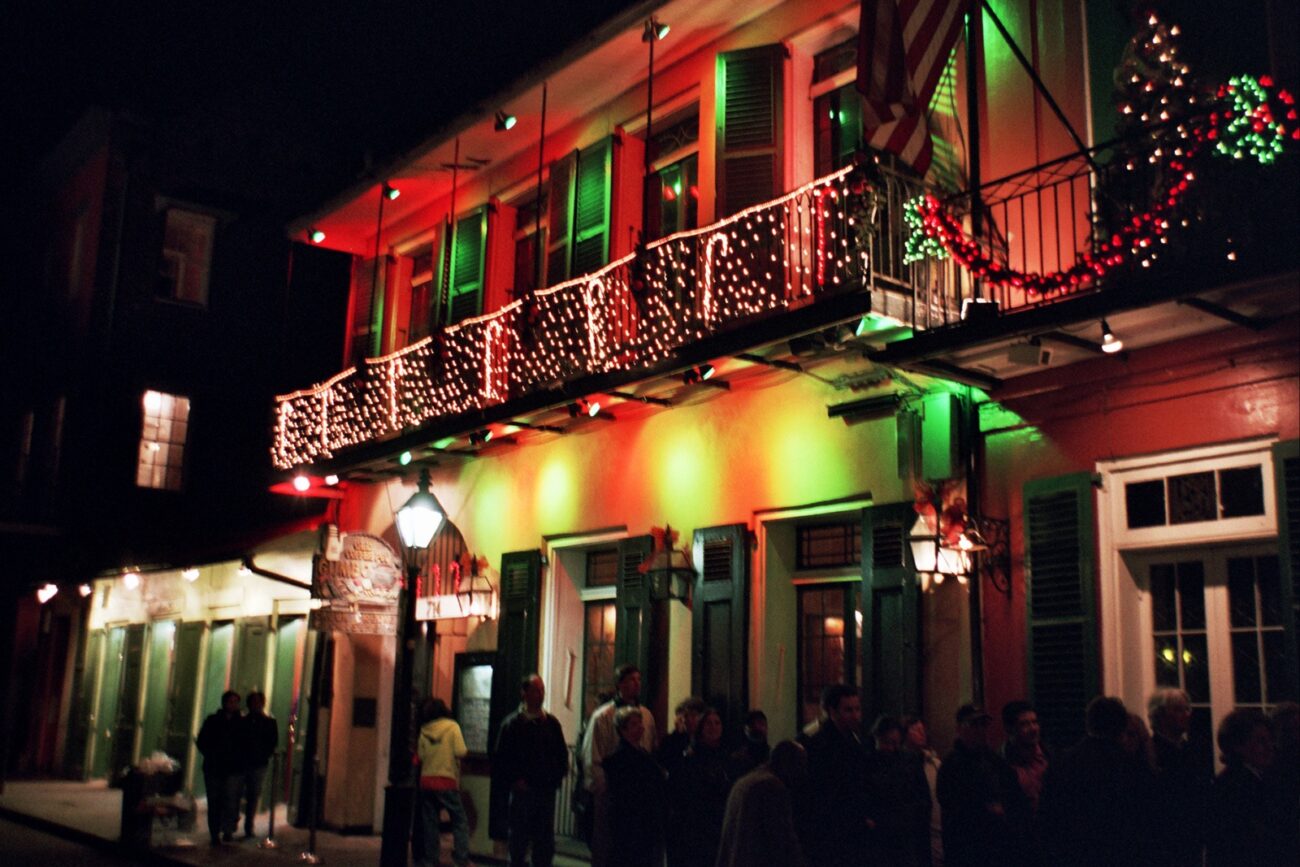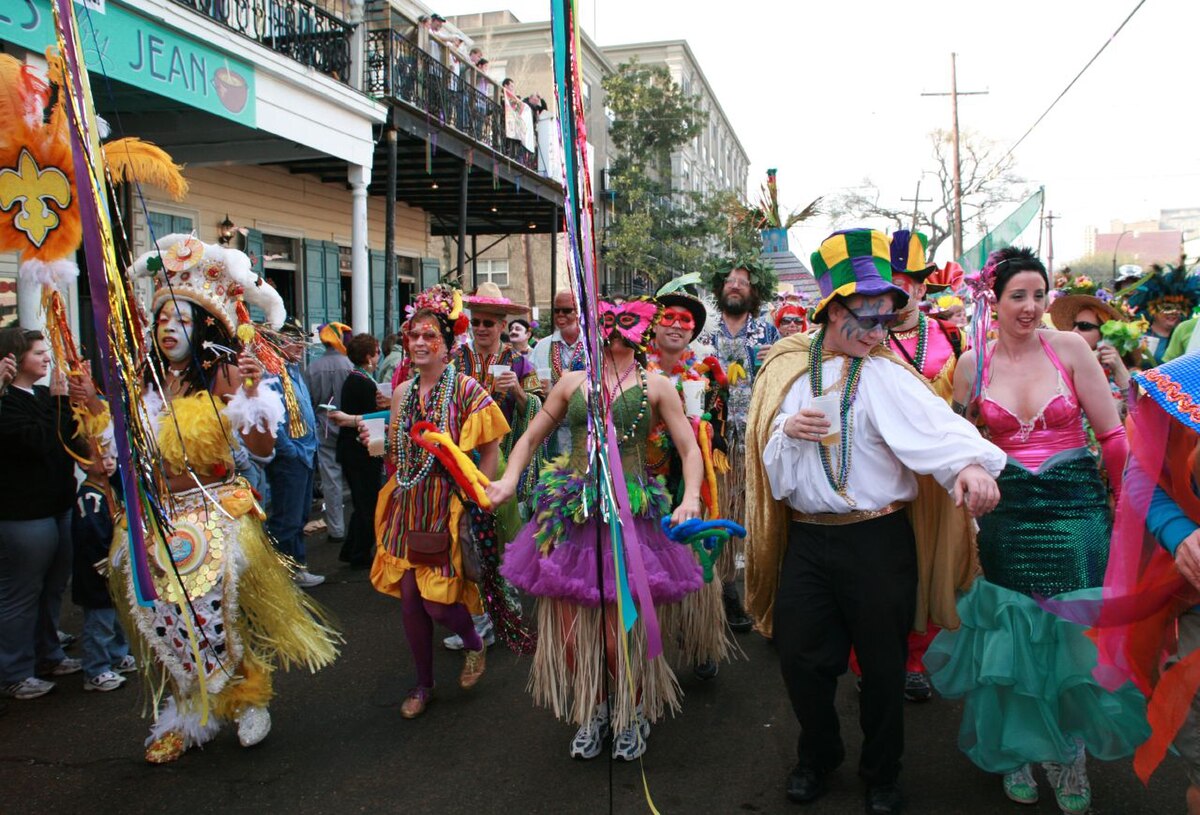High in the misty mountains of Madagascar, something extraordinary shimmers beneath the surface of Lake Mantasoa. Thousands of sturgeon – fish that have no business thriving in tropical Africa – are producing some of the world’s most coveted black pearls. I’m talking about Africa’s first caviar, a luxury that melts against your tongue with a whisper of the unexpected.
When Delphyne Dabezies and her partners first proposed this venture, experts dismissed them outright. But sometimes the most beautiful stories begin with someone stubbornly misplacing their common sense. Today, their Rova Caviar sells for over $11,000 per kilogram and arrives on mother-of-pearl spoons in restaurants where getting a reservation requires more strategy than a chess tournament.
The first harvest didn’t emerge until 2017, eight years after they began. The eggs are said to burst with a creamy richness and subtle minerality that speaks of Mantasoa’s unique terroir – like tasting a place you’ve never been but somehow recognize. Each pearl offers that perfect caviar paradox: intensely briny yet delicately sweet, with a silky texture that disappears against the roof of your mouth, leaving behind the lingering essence of something ancient and rare.
What makes this story remarkable isn’t just the unlikely geography – it’s that Rova Caviar has become a point of pride for chefs globally.
Beyond the luxury lies something even more impressive: a community transformation. The farm employs around 300 people, with over 80% from local villages. Acipenser doesn’t just harvest eggs; they’ve invested in healthcare, education, and housing initiatives while safeguarding the environment through reforestation of 200 hectares surrounding the lake.
By 2027, they plan to produce Beluga caviar – the most prized variety. In a world where luxury often comes with ethical asterisks, Madagascar’s caviar offers a refreshing alternative: exclusive yet sustainable, rarified yet community-focused.
The tiny black pearls from Lake Mantasoa remind us that innovation often surfaces in unexpected places. If you’re seeking the next frontier in culinary opulence in a fancy restaurant or luxury cruise line, ignore the traditional caviar options and taste the wonder from the highlands of Madagascar that defies expectations.


















